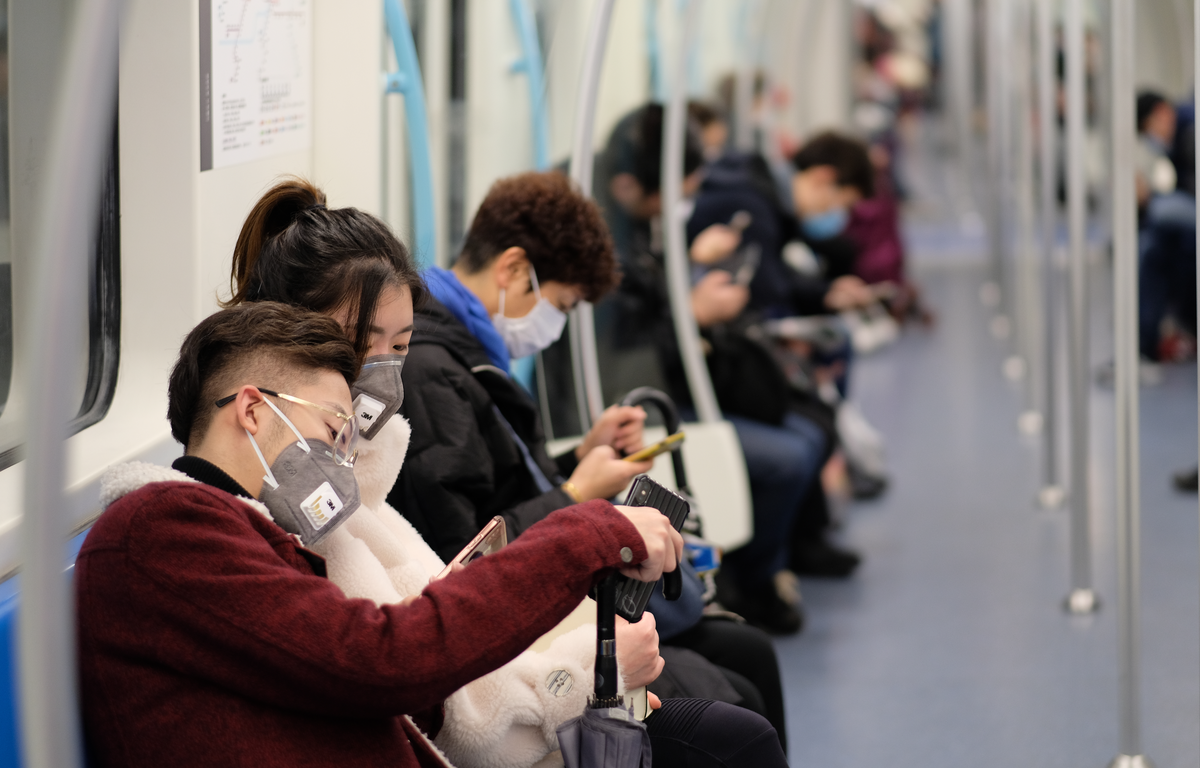WASHINGTON, Tenn (CLARKSVILLENOW) – With multiple reports of coronavirus appearing around the country, officials on both the local and federal levels have offered guidance to help Americans preserve their health.
According to Dr. William Schaffner, professor of Preventive Medicine and Infectious Diseases at Vanderbilt University Medical Center, coronavirus is a family of viruses, that have symptoms similar to the flu, with fever, coughing and shortness of breath.
“When we get the coronavirus, we usually get a cold,” Schaffner said. “We don’t know the source. It’s been shown it gives you symptoms like influenza that can turn into pneumonia.”
The virus has proved particularly prevalent in China, particularly in Wuhan, capital of the Hubei province. As part of their ‘multilayered strategy,’ the U.S Government has begun funneling flights from China to 11 U.S. airports where passengers can be screened on departure.
Those potentially affected by the virus have received treatment under government quarantine or home quarantine.
Dr. Chad Brooks, APSU associate provost for research and Dean of the College of Graduate Studies, spoke on the virus to Clarksville Kiwanis members last week. His advice was to remain calm and seek information from reliable sources.”
“The best source of information is from the Centers for Disease Control and Prevention,” said Brooks. “There’s many websites out there talking about all kinds of things, and the media like to sensationalize things. The CDC will tell you the truth. I’m trying to quell some fears.”
The CDC has issued guidance regarding the transmission of coronavirus, which can spread:
- through the air via coughing and sneezing
- human contact (such as by shaking hands)
- making contact with an object or surface on which the virus is present, and then touching one’s mouth, nose or eyes
They have also issued guidance as to prevention of the virus:
- Regularly was hands with soap and water for a minimum of 20 seconds. When using hand sanitizer, make sure that it is at least 60% alcohol.
- Avoid touching eyes, nose and mouth with unwashed hands
- If you are stick, remain home away from other people.
- Cover coughing and sneezing with a tissue, then throw that tissue away
- Regularly clean and disinfect objects and surfaces.


